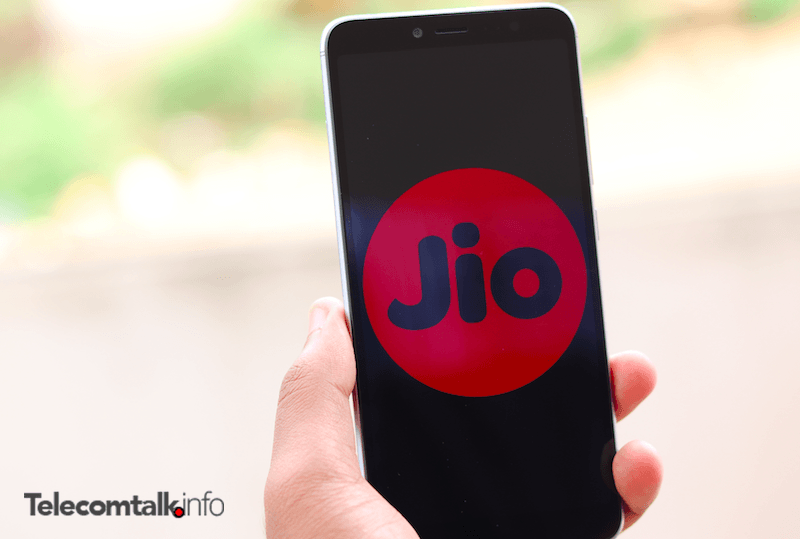Reliance Jio is disappointed by the new development and changes in the norms of tender. The Mukesh Ambani led telco has alleged that making the use of 2G infrastructure for government-funded telecom projects would mean losses for Jio, and it would also mean unbalanced favour to the other incumbent telcos. If the amendments are finalised, Reliance Jio estimated that it would face a loss of Rs 5,000 crore. To revert the changes and to request intervention, the carrier wrote a letter to Universal Service Obligation Fund Administrator Sanjay Singh and also marked it to telecom minister Manoj Sinha and telecom secretary Aruna Sundararajan. The telco sought the high officials’ need as essential to change the newly introduced tender norms.

According to PTI, the matter spurted into public eyes when the DoT (Department of Telecom) in June first week invited bids to install 214 mobile towers in Andaman and Nicobar Islands (ANI) for the provision of 2G and 4G services in uncovered villages. As per an ET report, the project is to be funded by USOF and the government. For readers’ information, USOF is a fund created through the telcos’ money collected as part of their every call. This new bid mandated that 2G network would be used for the rollout of telecom services in the Andaman and Nicobar islands.
This announcement came up as a severe blow to Reliance Jio since the telco reasoned that ousting 4G exclusive telecom operators was discriminatory.
Jio in its letter said "...We are hugely disappointed by USOF Administration's decision to continue with extremely unfair, arbitrary, discriminatory, restrictive and retrograde mandate to use 2G technology for voice in its recent tender for Andaman and Nicobar Islands despite numerous reasons for not mandating a legacy technology.”
Reliance Jio alleged that the requirement of 2G infrastructure for the installation of the network in ANI would give a chance to other incumbent telcos to make use of their old 2G equipment. The decision would further allow them to use up their old towers, spectrum etc. while they continue to develop their 4G network in other parts of the country.
Not only in Andaman and Nicobar Islands, but the USOF has also planned a similar rollout of a network for unconnected villages in Naxal affected areas and Meghalaya. To this proposal, Reliance Jio replied in the pre-bid meeting held on June 19 saying that this affair only would cost the telco Rs 5,000 crore in financial losses.
The letter which Reliance Jio drafted said “The restriction on latest technology would also impact cost efficiencies as there will be at least 30-40% incremental cost addition...For example, in ANI tender itself, the government could save around Rs 100 crore and possibly more, if this restrictive condition of the tender gets removed.”
Jio furthered its stance on the argument saying that the 2G technology has already reached its end and that the technology is being shut down in other countries also. The telco highlighted that in India only 75,000 mobile towers of 2G had been shut down, as such installing network in 2G won’t be an efficient solution.
The letter highlighted the same, as it read "With no advantage in terms of additional service or otherwise, the present bid condition for mandatory 2G rollout is bound to cause additional losses in both capex as well as opex.”
Reliance Jio’s letter further said, "The tender, in the current form, is bound to result in a virtual monopoly of few incumbent operators, causing huge loss to the tune of thousands of crores to the exchequer.”
Against the USOF’s and DoT’s stance, Reliance Jio also brought up reasons like nil difference in prices of 2G and 4G phones to push its interests.















